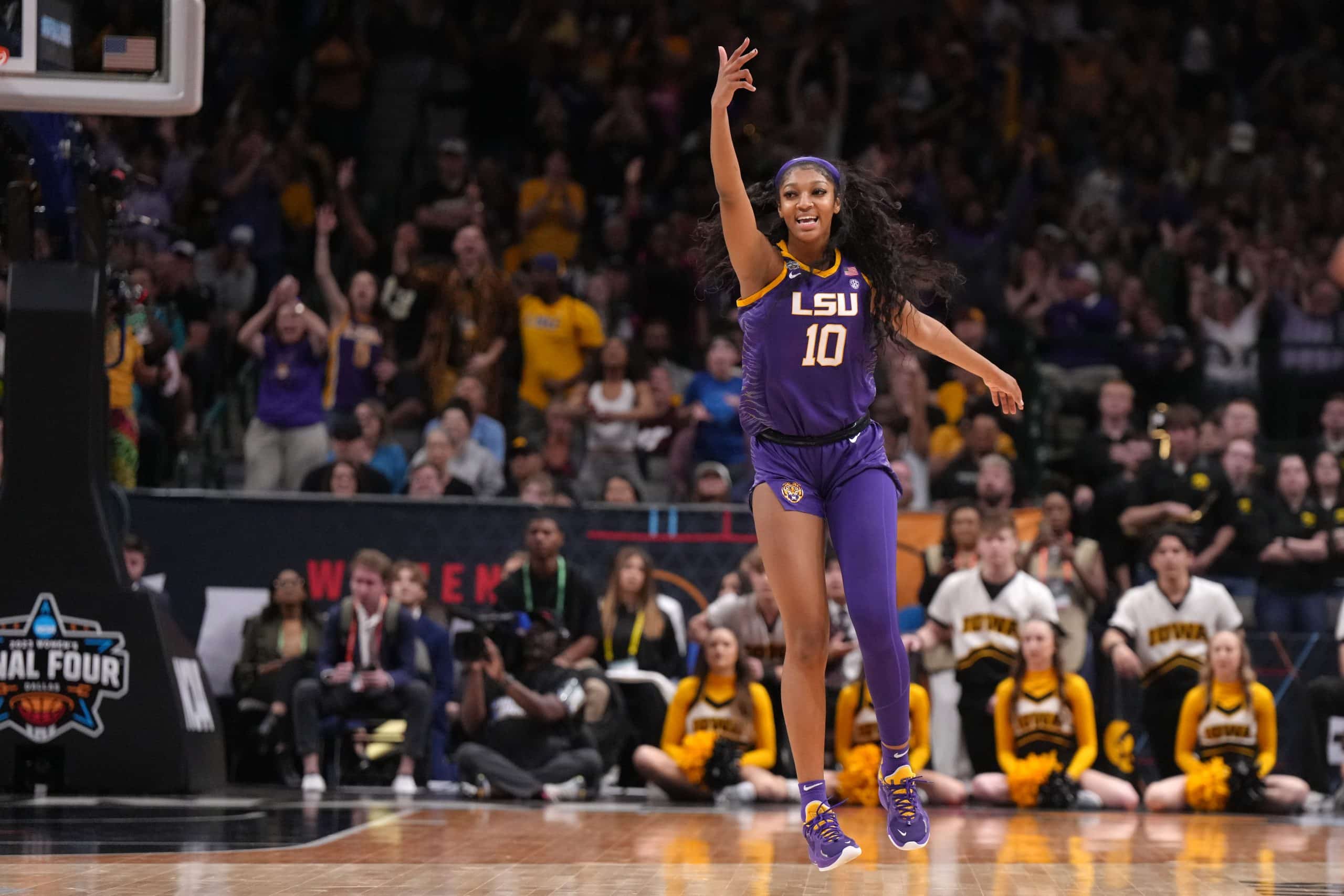Senators Richard Blumenthal (D-Conn.), Jerry Moran (R-Kan.), and Cory Booker (D-NJ) have released a draft of the first bipartisan name, image, and likeness bill to be introduced in the Senate.
The 50-page College Athletes Protection & Compensation Act aims to preempt state NIL laws with universal standards and a federal NIL database and enforcement group. It also addresses lifetime scholarships and mandates increased medical care. The bill was first reported on by Yahoo Sports.
On a call with reporters, the senators said they hoped this bill — which includes elements of both more liberal and conservative NIL bills introduced previously — will be able to pass the Senate.
The bill proposes the formation of the College Athletics Corporation (CAC) to enforce NIL rules, lead investigations, and give punishments for schools that violate rules. The CAC would consist of 15 board of directors, one-third of which must be current athletes or those who played in the previous 10 years.
The purpose of the CAC is twofold: disclosure and oversight.
Athletes must disclose their endorsement contracts to a designated university employee, and recruits must also share copies of their NIL contracts before signing their national letter of intent. An aggregate amount of data will be presented to the public on an annual basis.
The CAC will also handle certifying agents, who athletes can hire for NIL purposes. (Under the proposed act, underclassmen who enter a pro draft with an agent but go undrafted can maintain their college eligibility if they apply to return to school within seven days and don’t receive compensation from a sports league, team, or agent.)
In addition, the bill gives the NCAA the power to write and enforce NIL regulations — a major win for the governing body that has been fearful to enforce NIL rules due to fears of antitrust or state law-related litigation
Athletes would also receive lifetime college scholarships and medical care for two years after graduation. The bill proposes that schools making $20 million in annual athletic revenue must cover athlete medical expenses for at least two years after their final competition. Schools making at least $50 million must cover expenses for four years and contribute annually to a medical fund.
The drafted College Athletes Protection & Compensation Act does not address the status of athletes being considered employees, a hot-button issue that has drawn complaints from the National Labor Relations Board and athletes who filed a federal court case called Johnson v. NCAA.
The bill also does not address revenue sharing, which was an idea that Booker and Blumenthal had proposed in previous bills. Blumenthal said the three senators left out that issue in order to create a bill that drew the most “bipartisan support.”
As the bill draft isn’t final, Moran told reporters he hopes college sports stakeholders will continue to weigh in before a final draft is introduced in the Senate. He said the senators have already spoken with hundreds of conference, school, and NCAA officials.
However, these voices have often drowned out those of the athletes themselves. Booker said the senators consulted athletes from conferences nationwide, as well as athlete advocacy groups like the National College Players Association and executive director Ramogi Huma. Blumenthal noted, though, that the senators did not have permission to disclose a specific list of athletes they consulted.
Editor’s Note: This article has been updated with additional information.







![[Subscription Customers Only] Jun 15, 2025; Seattle, Washington, USA; Botafogo owner John Textor inside the stadium before the match during a group stage match of the 2025 FIFA Club World Cup at Lumen Field.](https://frontofficesports.com/wp-content/uploads/2026/02/USATSI_26465842_168416386_lowres-scaled.jpg?quality=100&w=1024)
![[Subscription Customers Only] Jul 13, 2025; East Rutherford, New Jersey, USA; Chelsea FC midfielder Cole Palmer (10) celebrates winning the final of the 2025 FIFA Club World Cup at MetLife Stadium](https://frontofficesports.com/wp-content/uploads/2026/02/USATSI_26636703-scaled-e1770932227605.jpg?quality=100&w=1024)








